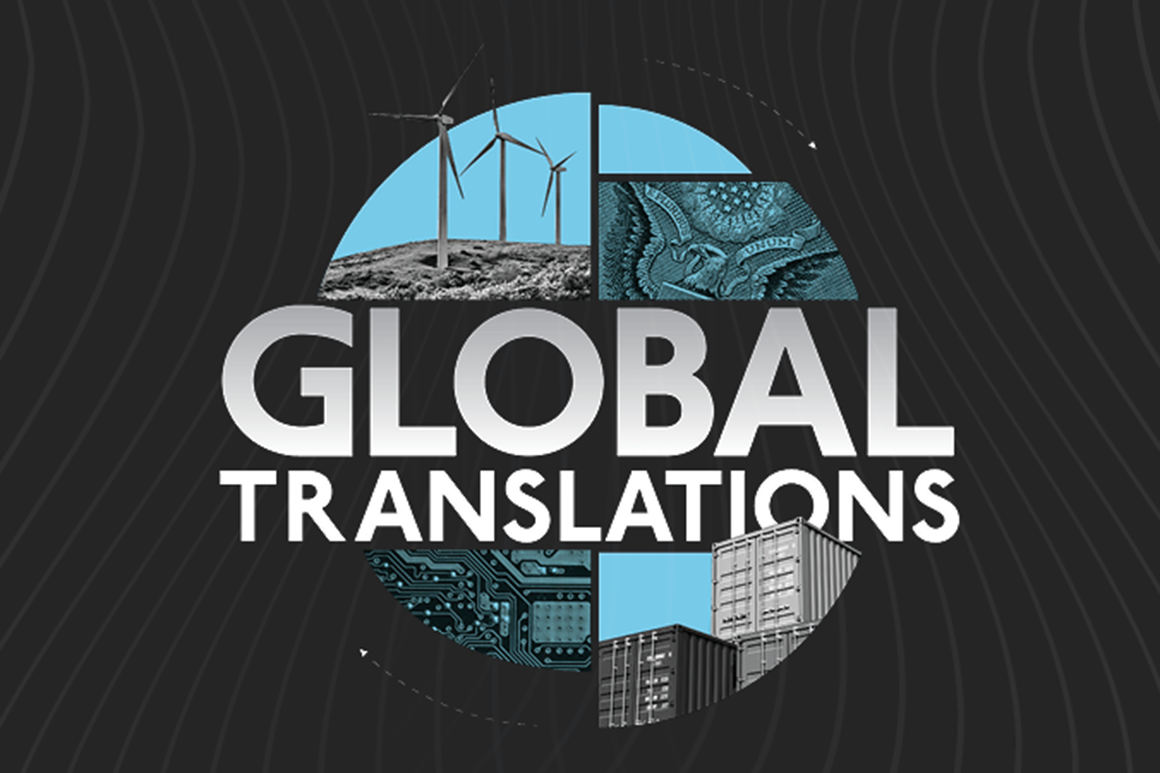
IMF Managing Director Kristalina Georgieva is not the sort of global lender you want to meet in a dark alley. When she says “we must do everything in our power to make it a green recovery,” she means you can forget your loan if there’s a fossil fuel in sight. Even if you don’t need IMF money, she’s got advice for you anyway: “Now there is a massive increase in government guarantees, a good chunk of these guarantees should be mobilized to provide private finance of green investments,” Georgieva said.
Alzbeta Klein, Global Head of Climate Business at the International Finance Corporation, said there’s no point spending trillions rebuilding economies in 2020-21, only to have them knocked down by a climate crisis in 10 to 15 years. But if funding green projects is to be a political winner, those projects should have lots of jobs attached, she said.
The climate crisis “is a capital markets crisis,“ said Guenther Thallinger, a board member at insurance giant Allianz and chair of the Net Zero Asset Owner Alliance. He says one step to solving it is mandatory climate reporting requirements.
That brings us to Michael Bloomberg’s Task Force on Climate-related Financial Disclosures (TCFD). Until the pandemic hit, TCFD was mostly a lofty aspiration for leading-edge companies. The voluntary initiative was also the antithesis of top-down regulation in the style of America’s Dodd-Frank regulation or the EU’s sustainable finance taxonomy.
Now, while Mark Carney argues “we’ve made huge progress with the TCFD,” he agrees with Thallinger that it’s time to move on to mandatory disclosure.
Others argue regardless of whether it is voluntary or mandatory, a standard like TCFD is now insufficient. Brian Deese, global head of Sustainable Investing at BlackRock (which expects TCFD-compliant disclosure from the companies it invests in), says TCFD is not enough to fully price climate risks. More is needed for climate factors to become „the core of the financial system,” he said.
Beth Sasfai, chief ESG officer at Verizon, is a TCFD defender who last week published the company’s first TCFD report. “It’s not as prescribed (as some other frameworks). It’s much more qualitative and focused on the specific risks to the company’s long-term sustainability,” she said.
Sasfai’s TCFD journey is also a tale of caution that real-life progress can move slower than the rhetoric at the Petersberg Dialogue. “I called each of our top 50 investors to talk to them about the framework and whether it would work for us,” Sasfai told POLITICO, adding that “putting the TCFD report together required a lot of cross-functional cooperation.” It was worth it, she said: “It’s allowed us to pivot in a lot of different ways. The more a corporation learns to flex those muscles, the better.”
Julie Gorte, senior vice president of Sustainable Investing for Pax World Funds and Impax Asset Management, sees both sides of the argument. “Standards change really fast,“ said Gorte, but one reason it took TCFD time to take-off is that meeting the standard is a big effort for any organization. „Scenario analysis is really hard, it takes some real analytical chops. It requires access to climate science, and its not for amateurs,“ Gorte said.
SUSTAINABLE FINANCE SNAPSHOTS
Do you feel guilty about your single-use coffee cups? 300 billion go to landfills each year because of their plastic lining. That said, up to 80 percent of water bottle carriers aren’t willing to carry a second re-usable cup around, Hitch founder Sky Gilbar told POLITICO. Hitch wants to solve the problem of the sticky and inconvenient used coffee container, and also those cups going to landfill, by incorporating your coffee cup into a water bottle. Hitch raised more than $95,000 this week on Kickstarter.
Aim high: Jytte Guteland, the European Parliament’s lead lawmaker on the EU’s climate plans, wants to raise the bloc’s 2030 emissions reduction goal to 65 percent, she told POLITICO this week.
Source: politico.com
See more here: news365.stream






